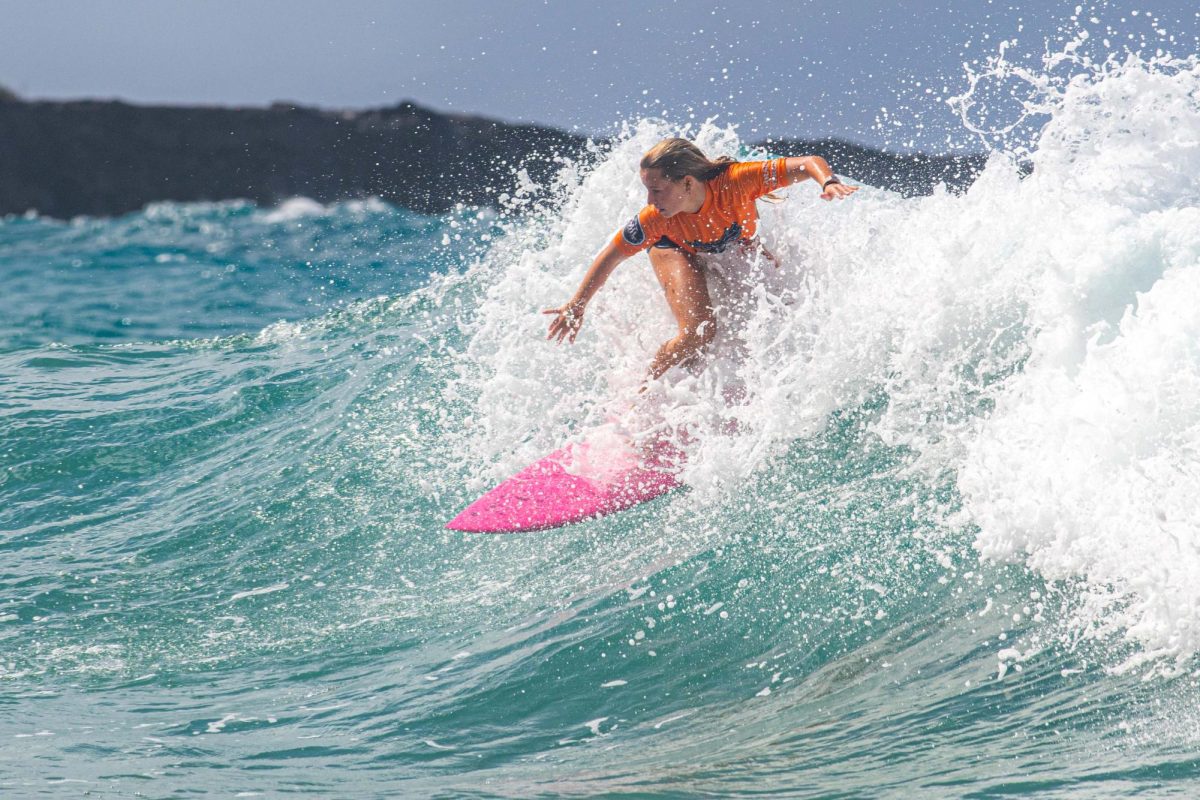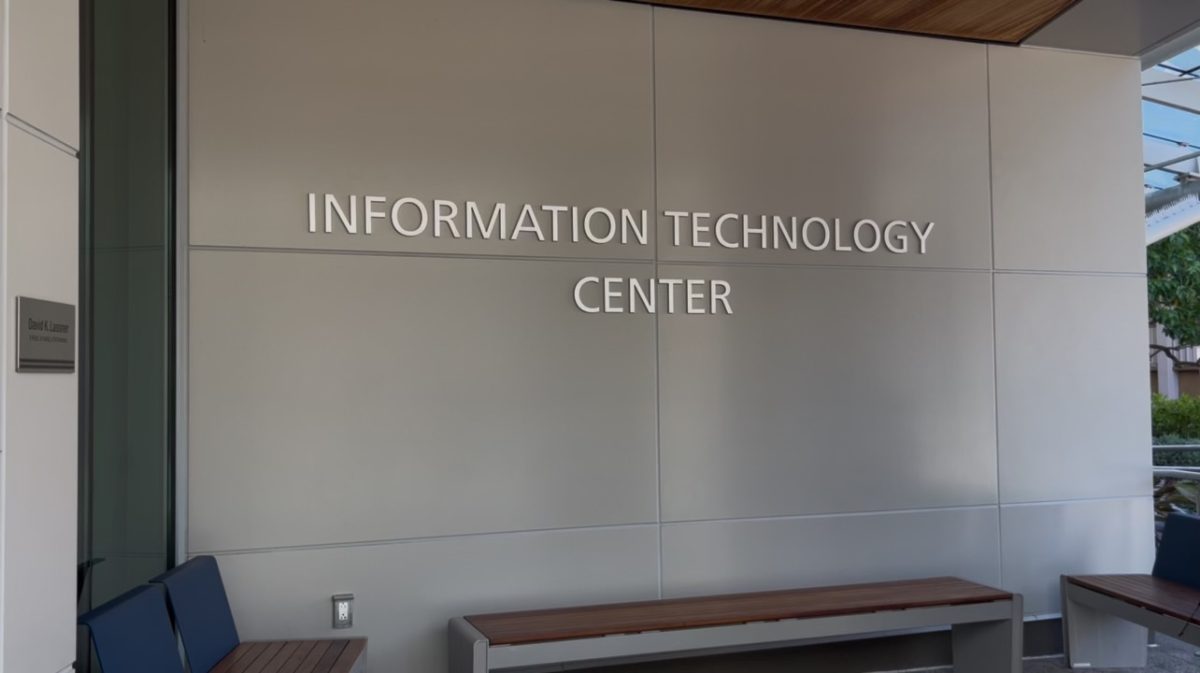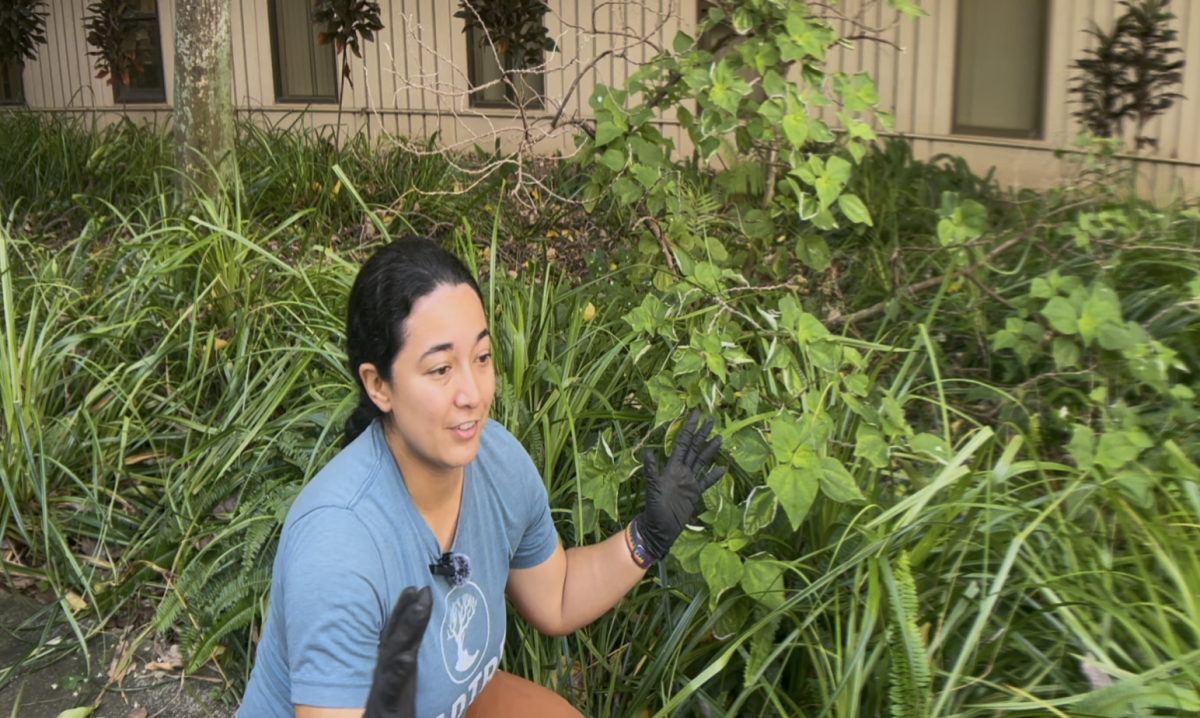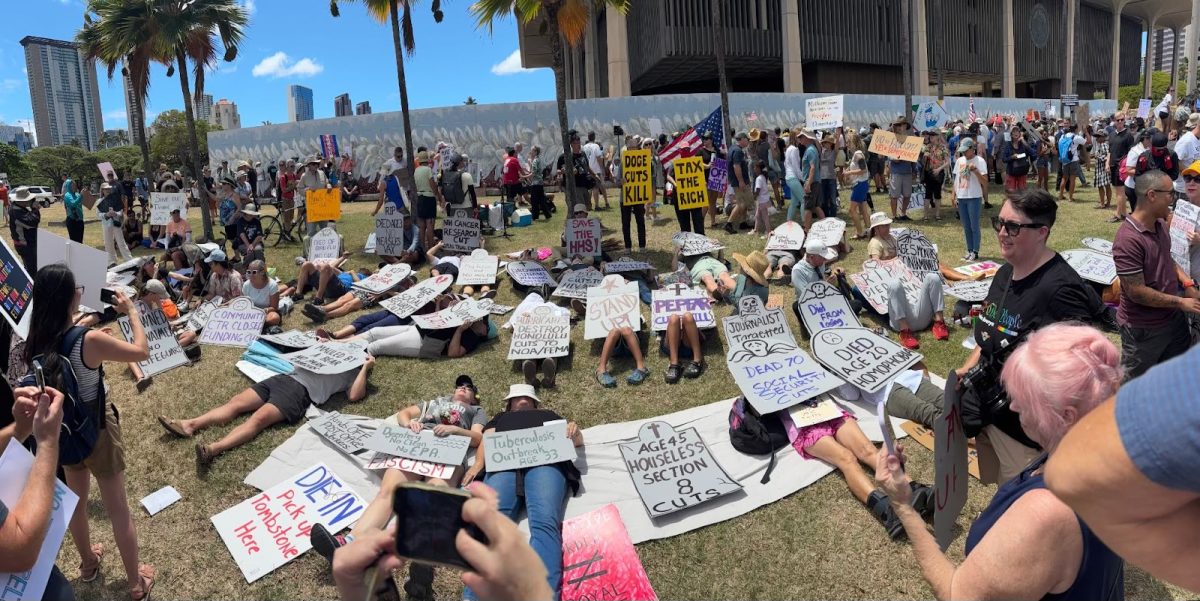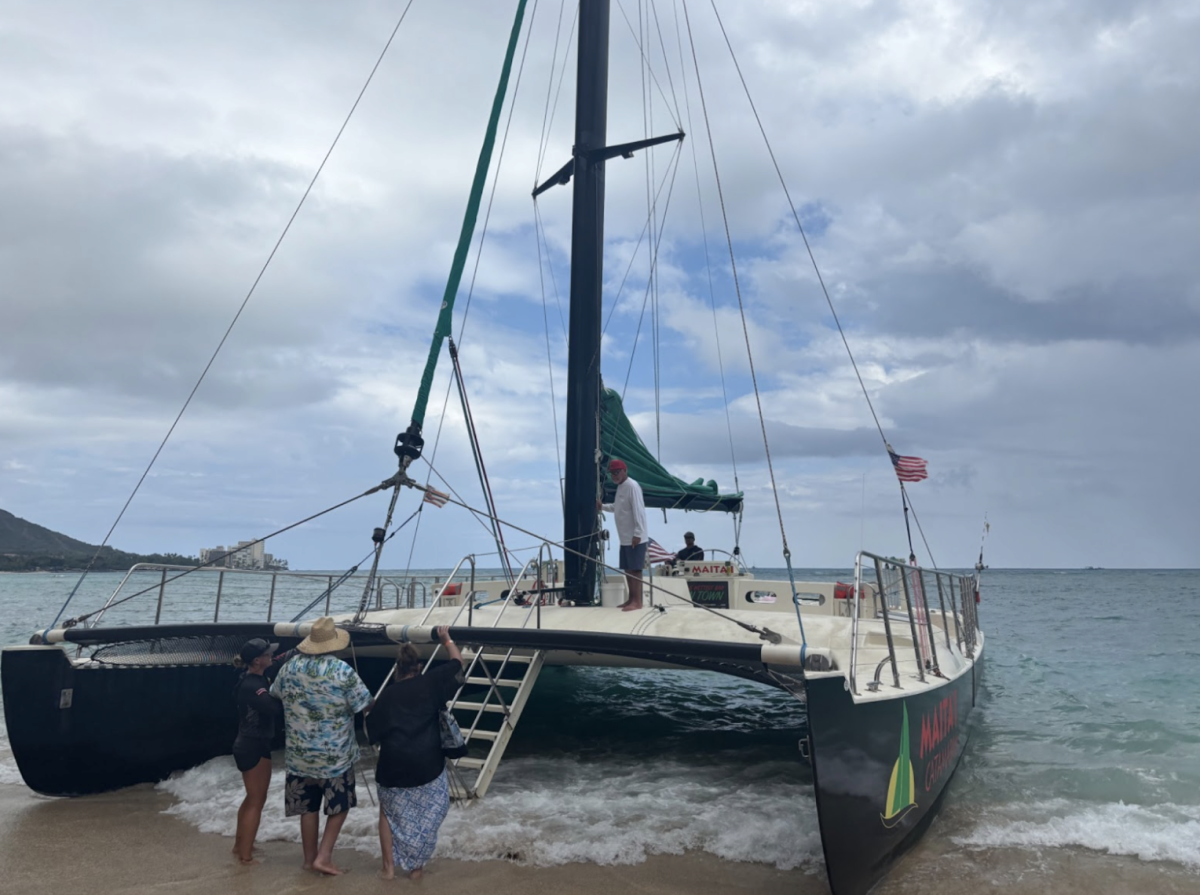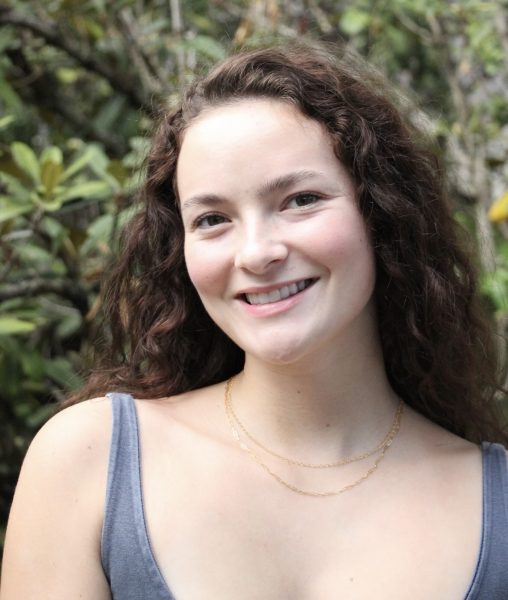“It was definitely hard for me to go from seeing my community as something I love, to something I was afraid of.”
It’s a sentiment voiced by Waianae native Lome Mitchell, who says the west Oahu town where she was born and raised has undergone significant changes — some not so good.
A skyrocketing homeless population, gentrification, an obscurely high cost of living, and environmental damage are just a few things on her list. The biggest change, she says, is a rise in crime in her hometown — something lawmakers are working to address.
“Honestly, it wasn’t as prominent to me considering I was a young child. I kind of grew up with a really big community surrounded by aunties and uncles, and always going out, always going to the park and doing other activities outdoors. I never really recognized the crime rates or how dangerous it is to other people or the outside perspective until I was older,” she said.
Mitchell has a myriad of fond memories of her community as a child and recalls few instances of intense crimes within her area. Waianae has developed a reputation for being one of the most dangerous areas on Oahu, with the crime rate among the highest in America for communities of its size.
State Senator Maile Shimabukuro represents Oahu’s 22nd district which includes Waianae, and other west Oahu towns. She and others are working to shift the narrative around the town.
“Unfortunately, there is a lot of crime that occurs in Waianae,” said Shimabukuro. “We have HPD, Sheriffs, DOCARE, security guards, and other law enforcement officers. However, unfortunately our law enforcement teams are chronically under-staffed. Policy makers have been trying for decades to address this, by enhancing pay and benefits, pushing recruitment, etc.”
Shimabukuro says she and others are pushing to construct a more effective law enforcement system to help put an end to dangerous crimes in the area.
“A new police headquarters building was constructed in Waianae several years ago. We are still aiming to create a separate police unit dedicated to the Waianae Coast, as well as recruit enough police officers to staff the new building. The Legislature has also enhanced the Assisted Community Treatment (ACT) program, which places individuals who are a danger to themselves or others into involuntary mental health treatment,” Shimabukuro said.
As lawmakers work to implement safety precautions, those who call Waianae home hope it becomes a better place for future generations.
“For the sake of my children, I’d want them to grow up in a safer environment than I did. I would definitely love to stay in Hawaii, but I would probably pick a surrounding community that’s a little bit safer,” said Mitchell.
Though Mitchell is unsure what her home will look like in the future, she hopes one day her children will be able to walk the same streets she once did.


